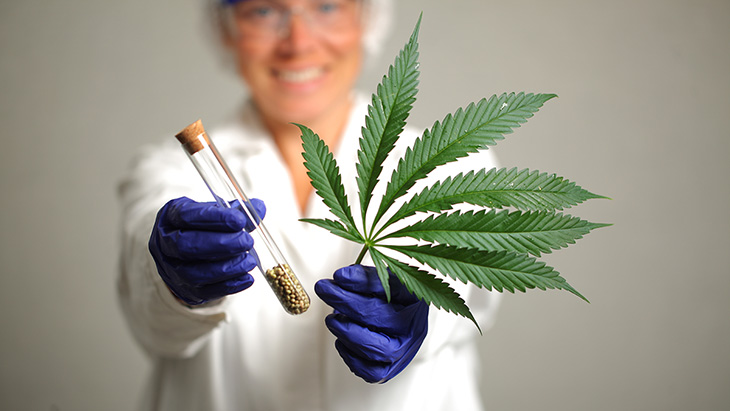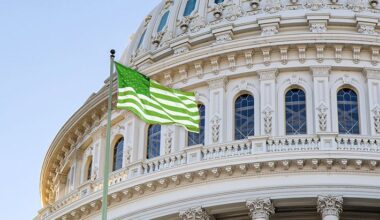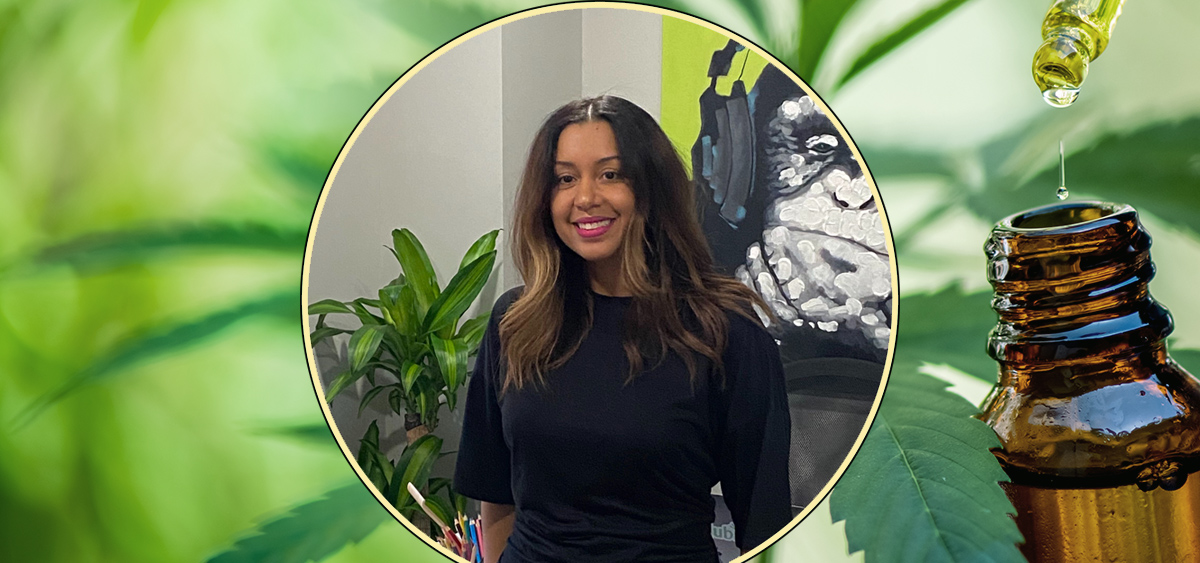[ad_1]

Nearly 70 percent of US clinicians believe in the use of cannabis as a medicine, according to survey data published in the journal Cannabis and Cannabinoid Research.
Commenting on the findings, NORML’s Deputy Director Paul Armentano said: “Overwhelming majorities of patients and their providers acknowledge that cannabis is a legitimate medicine. Politicians should not be standing in their way by opposing efforts to permit medical professionals from recommending cannabis to their patients in instances where they believe it is therapeutically appropriate.”
A team of investigators affiliated with the US Centers for Disease Control and Prevention and the US Public Health Service compiled responses from over 2,200 practicing doctors, internists, nurse practitioners, and oncologists regarding their attitudes about medical cannabis.
Sixty-nine percent of respondents said that they believed that cannabis possessed medical utility. Those who favored its medical use of were most likely to endorse marijuana use for treating pain (73 percent), cancer (72 percent), and nausea (61 percent).
More than one-in-four respondents (27 percent) acknowledged having authorized the use of cannabis for one of their patients. However, many respondents were unable to accurately identify the legal status of cannabis in their state – with many believing that marijuana was either fully or partially legal in instances where it was not.
Authors concluded: “This is among the first studies to assess clinician beliefs and practices related to medical cannabis in a U.S. multi-state sample. … Over two-thirds (68.9 percent) of clinicians surveyed believe that cannabis has medicinal uses and just over a quarter (26.6 percent) had ever recommended cannabis to a patient. … Results from this study suggest that the highest prevalence conditions where clinicians indicated they believed cannabis could be medically used were scientifically based – pain, nausea, appetite activation, anti-seizure, and spasticity.
“Clinician education about state-based policies for cannabis use may also be warranted. In this study, 6 in 10 clinicians incorrectly reported the cannabis legalization policy in their state. … Given that clinicians are responsible for recommending medicinal cannabis in most states that have legalized it, ongoing education about the health effects of cannabis is warranted.”
Full text of the study, “Clinician beliefs and practices related to cannabis,” appears in Cannabis and Cannabinoid Research.
[ad_2]
Source link
Medical Disclaimer:
The information provided in these blog posts is intended for general informational and educational purposes only. It is not a substitute for professional medical advice, diagnosis, or treatment. Always seek the advice of your physician or other qualified healthcare provider with any questions you may have regarding a medical condition. The use of any information provided in these blog posts is solely at your own risk. The authors and the website do not recommend or endorse any specific products, treatments, or procedures mentioned. Reliance on any information in these blog posts is solely at your own discretion.







